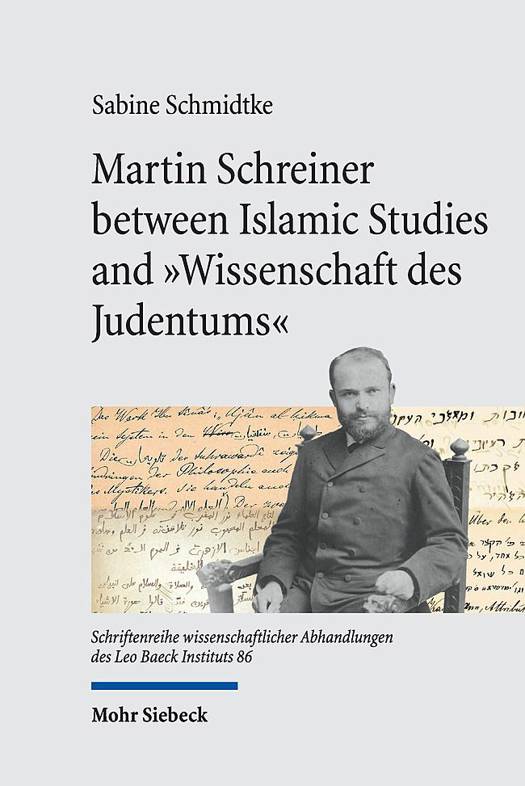
Bedankt voor het vertrouwen het afgelopen jaar! Om jou te bedanken bieden we GRATIS verzending (in België) aan op alles gedurende de hele maand januari.
- Afhalen na 1 uur in een winkel met voorraad
- In januari gratis thuislevering in België
- Ruim aanbod met 7 miljoen producten
Bedankt voor het vertrouwen het afgelopen jaar! Om jou te bedanken bieden we GRATIS verzending (in België) aan op alles gedurende de hele maand januari.
- Afhalen na 1 uur in een winkel met voorraad
- In januari gratis thuislevering in België
- Ruim aanbod met 7 miljoen producten
Zoeken
Martin Schreiner Between Islamic Studies and 'Wissenschaft Des Judentums
Reconstructing His Scholarly Biography
Sabine Schmidtke
Hardcover | Engels | Schriftenreihe wissenschaftlicher Abhandlungen des Leo Baeck Instituts | SchrLBI | nr. 86
€ 274,95
+ 549 punten
Omschrijving
In 1906 Martin Schreiner, who had been diagnosed with mental illness four years previously, wrote from the Sanatorium Berolinum in Berlin-Lankwitz to the librarian of the "Lehranstalt fur die Wissenschaft des Judentums" in Berlin, asking to send him some books, in the hope of being released soon. This letter and some short letters dating from 1920 and 1922 constitute Schreiner's last written testimonies. His mental illness painfully and suddenly ended the short but productive career of a versatile scholar who was one of the most important exponents of the "Wissenschaft des Judentums" and who simultaneously engaged in the study of Islam. Sabine Schmidtke reconstructs Schreiner's scholarly biography from his student days to his active period in Berlin, where the manuscript holdings of the Royal Library opened up entirely new perspectives for him. The author focuses on his pioneering scholarship particularly in the field of Islamic intellectual history, where his main contributions dealt with the Mutazila, Ibn Taymiyya and his circle, the mystical tradition of Ibn 'Arabi, and interreligious polemics.
Specificaties
Betrokkenen
- Auteur(s):
- Uitgeverij:
Inhoud
- Aantal bladzijden:
- 846
- Taal:
- Engels
- Reeks:
- Reeksnummer:
- nr. 86
Eigenschappen
- Productcode (EAN):
- 9783161623745
- Verschijningsdatum:
- 1/02/2024
- Uitvoering:
- Hardcover
- Formaat:
- Genaaid
- Afmetingen:
- 231 mm x 155 mm
- Gewicht:
- 662 g

Alleen bij Standaard Boekhandel
+ 549 punten op je klantenkaart van Standaard Boekhandel
Beoordelingen
We publiceren alleen reviews die voldoen aan de voorwaarden voor reviews. Bekijk onze voorwaarden voor reviews.









